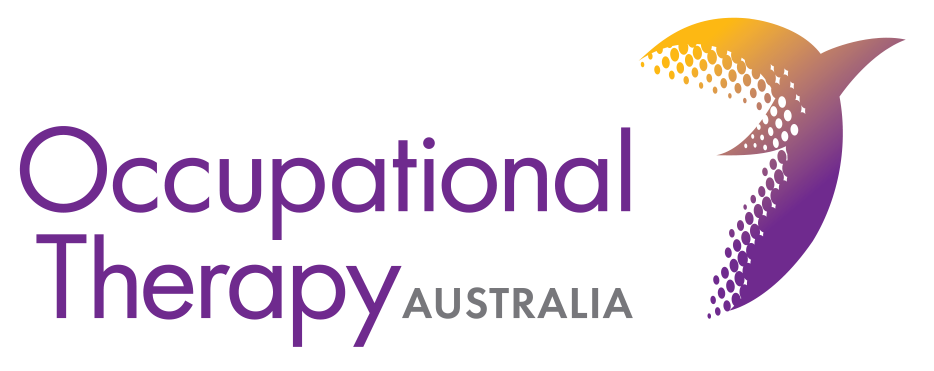How can OT help me?
Occupational therapists work with people of all ages and abilities to help them engage in the things they need and want to in all aspects of life, such as taking care of oneself and others, working, volunteering, and participating in hobbies, interests and social events. These activities (i.e. these “occupations”) can be grouped into three broad categories:
Leisure
- We engage in leisure occupations for relaxation, play and enjoyment
- These often vary person to person, but can include reading, knitting and playing sport
Self-care
- Self-care occupations enable people to remain active and independent in their everyday lives
- Common examples of self-care include showering, applying make-up and cooking
Productivity
- Through productivity occupations, people often derive meaning through their contributions
- These change throughout the lifespan, and consist of schoolwork, parenting, volunteering and employment
Occupational therapists also help people to manage and live with long-term (chronic) health conditions, like arthritis, diabetes, and cancer to name a few.
Occupational therapists understand the relationships between what people do, their health and their well-being. Occupational therapists work with people to help make every day living easier. They assist people to manage ongoing symptoms and prevent complications by:
- Building their knowledge and skills
- Finding new ways of doing activities
- Changing the environment to suit their needs

